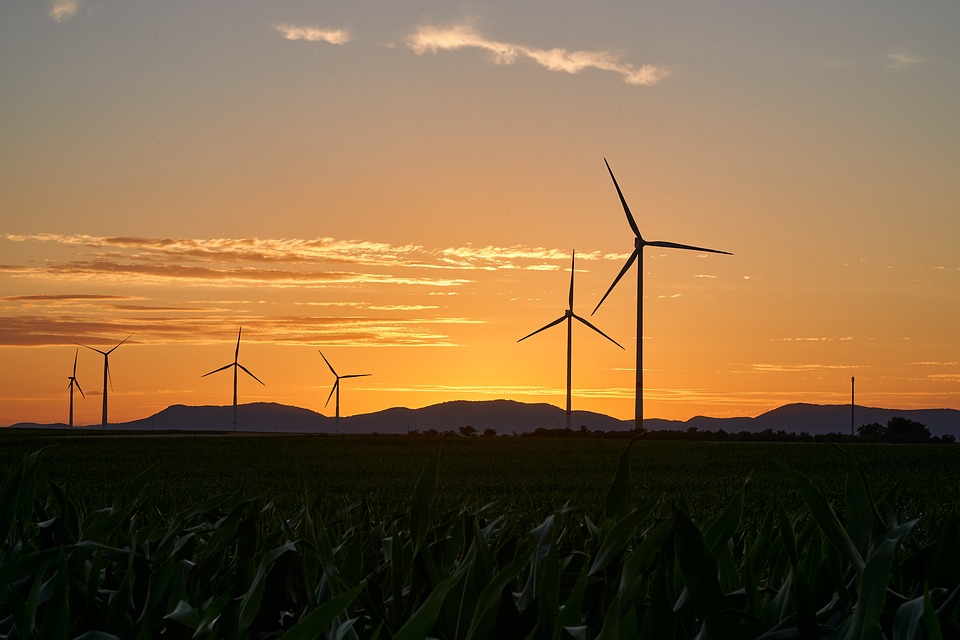When it comes to improving the energy efficiency of your home, few upgrades can make as significant an impact as replacing your windows. Energy-efficient windows not only reduce your utility bills but also enhance your home’s comfort and value. In this comprehensive buyer’s guide, we will explore the key features to consider when choosing energy-efficient windows, the benefits of investing in them, and the innovative technologies available today that can help homeowners maximize energy savings.
Understanding Energy-Efficient Windows
What Does ‘Energy-Efficient’ Mean?
Energy-efficient windows are designed to minimize heat loss in winter and keep heat out in summer. They help maintain a consistent indoor temperature, thus reducing the amount of energy required for heating or cooling your home. Understanding the features that contribute to window efficiency is crucial in making an informed purchase.
Key Features to Consider
-
Glazing Options
- Double and Triple Glazing: These windows have two or three layers of glass, respectively, creating more insulating air pockets. Triple-glazed windows offer superior energy efficiency and thermal performance but can be more expensive.
- Low-E Coatings: Low emissivity (Low-E) coatings reflect heat back into your home during the winter and keep it out in the summer. This helps in reducing energy costs significantly.
-
Frame Materials
- Vinyl: Low maintenance and excellent insulators, vinyl frames are a popular choice for energy efficiency.
- Wood: While they provide good insulation, wood requires more maintenance and can be subject to warping or rotting.
- Fiberglass: Extremely durable and energy-efficient, fiberglass frames are an excellent choice but often come at a higher price.
-
Gas Fills
- Argon/Krypton Gas: Many energy-efficient windows are filled with argon or krypton gas to enhance insulation. These gases provide better thermal performance than air.
- Window Ratings
- Energy Star: Look for windows labeled with the Energy Star rating, indicating they meet strict energy efficiency guidelines set by the U.S. Environmental Protection Agency.
- U-Factor and SHGC: The U-factor measures how well a window insulates. A lower U-factor indicates better insulation. The Solar Heat Gain Coefficient (SHGC) measures how much solar radiation passes through the window; lower values are preferred in hot climates.
Benefits of Energy-Efficient Windows
Cost Savings
While the upfront costs may be higher, energy-efficient windows can lead to significant long-term savings on heating and cooling bills. According to the U.S. Department of Energy, replacing single-pane windows with energy-efficient models can save homeowners between $126 and $465 per year on energy costs, depending on their location.
Comfort Enhancement
With better insulation, energy-efficient windows help maintain a stable indoor temperature, making your home more comfortable regardless of the season. They also reduce drafts and cold spots, providing a more enjoyable living environment.
Increased Home Value
Investing in quality energy-efficient windows can increase your home’s resale value, appealing to eco-conscious buyers looking for energy savings and efficiency in their living spaces.
Smart Technology Innovations for Home Energy Efficiency
As technology continues to advance, homeowners have access to smart solutions that can further enhance energy efficiency. One such innovation is the integration of smart home platforms, like Sense.
Sense: Revolutionizing Home Energy Management
Sense is a cutting-edge energy monitoring system that provides homeowners with real-time data about their energy consumption. With its user-friendly interface and mobile app, Sense enables you to:
- Monitor Usage: Get insights into how much energy different appliances are consuming throughout the day.
- Detect Anomalies: Receive alerts when devices are using more energy than usual, allowing for timely intervention.
- Optimize Usage: By understanding your energy patterns, you can adjust usage to off-peak times, saving even more on your bills.
Integration with Energy-Efficient Windows
When combined with energy-efficient windows, smart technology like Sense provides homeowners with comprehensive energy management. For instance, by knowing how much energy is wasted due to drafts in poorly insulated windows, you can prioritize upgrades to your windows while adjusting your heating or cooling settings for optimal energy savings.
Conclusion: Making Informed Choices
Choosing the right energy-efficient windows is a worthwhile investment for reducing energy costs, enhancing comfort, and increasing your home’s value. Consider key features like glazing options, frame materials, gas fills, and ratings to guide your purchase.
Moreover, incorporating smart technology, such as Sense, can take your energy efficiency efforts to the next level. By understanding your energy consumption patterns and making informed adjustments, you can create a more sustainable, cost-effective home that contributes to a healthier planet.
As you embark on your journey toward energy efficiency, remember to evaluate your options carefully, seek professional advice if necessary, and embrace the benefits of modern technology in your home. Your choice of windows and energy management systems can pave the way toward a greener, more efficient future.


